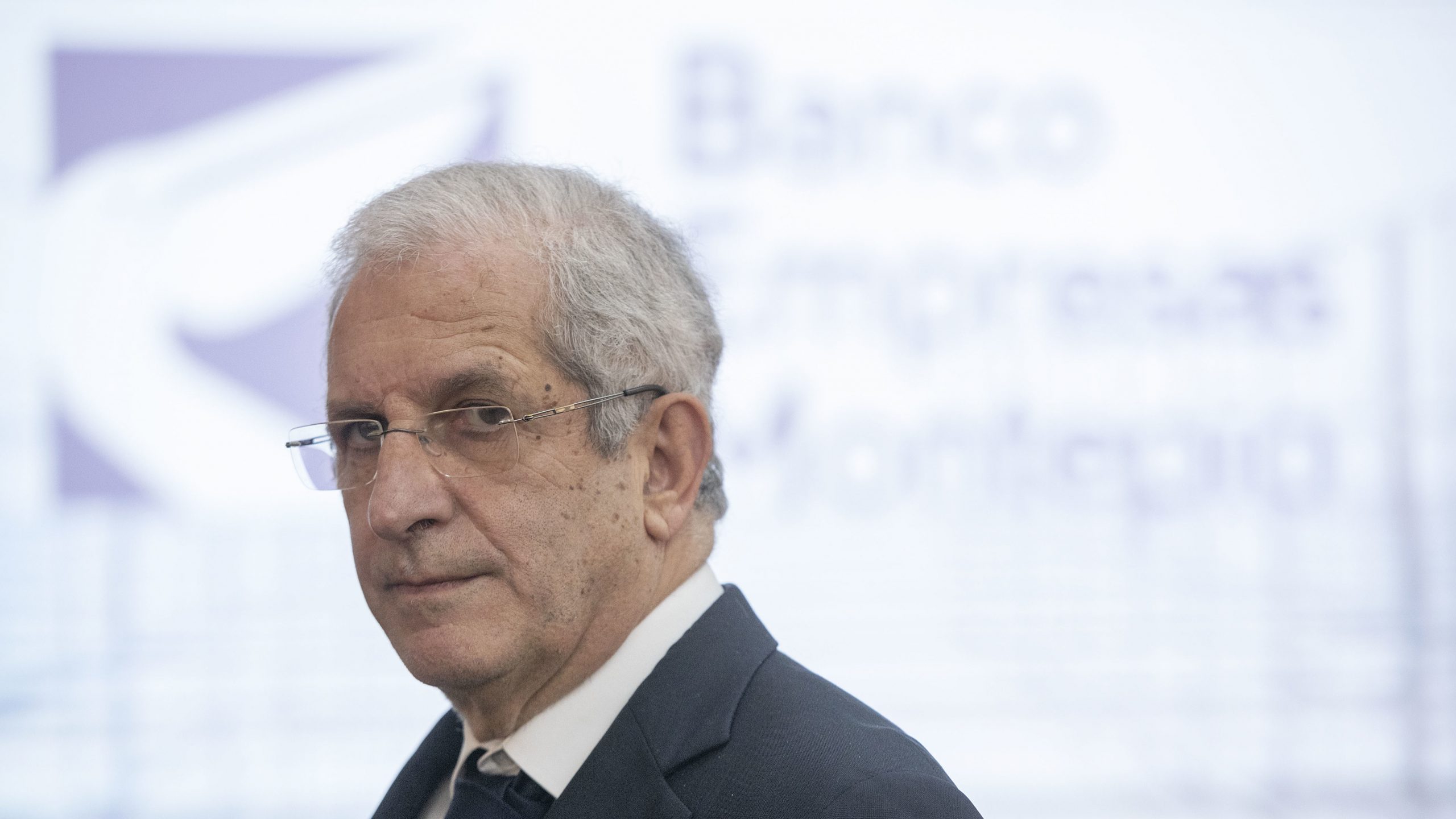PM Costa back in parliament focused on RRP, TAP controversy
A good and timely execution of the RRP is one of the president's main demands, for whom 2023 will be a decisive year for the government.
Portugal’s prime minister returns to parliament on Wednesday for the bimonthly debate on general policy, six days after the rejection of a no-confidence motion by the Liberal Initiative and with the TAP controversy at the centre of the party debate.
With the focus on the execution of the Recovery and Resilience Plan (RRP), António Costa will open another debate on general policy following a series of cases in his governing team and which, in some political circles, have generated doubt as to whether the current government would reach the end of the legislature in 2026, despite the PS having an absolute majority in parliament.
Between the last week of December and last Thursday, Pedro Nuno Santos resigned as minister of infrastructures and housing, as did the secretaries of State Hugo Santos Mendes (Infrastructures), Alexandra Reis (Treasury) and, more recently, Carla Alves (Agriculture).
Last Friday, the president of Portugal dispelled doubts about the continuity of the legislature that began in March 2022. “Don’t count on the idea of dissolving parliament,” warned Marcelo Rebelo de Sousa, assuming he was an advocate of “total stability in institutional terms” and dismissing the short-term scenario of a political crisis in Portugal.
On the institutional level, the succession of cases in the government led the PSD to request last Wednesday an urgent parliamentary debate on the “crisis” in the government and the Liberal Initiative to present a no-confidence motion on the government, which was rejected by the PS and PCP and did not have the support of the Social Democrats, the Left Bloc, and the sole members of the PAN and Livre.
In the government and in the PS, the top political orientation is to “turn the page” with the focus directed towards the “most relevant challenges facing the country”, namely in the implementation of the RRP. Since last week, the prime minister has visited projects underway in Leiria, Lisbon, Almada, Braga and Benavente.
A good and timely execution of the RRP is one of the president’s main demands, for whom 2023 will be a decisive year for the government.
Today’s debate takes place with the case of the €500,000 compensation paid to the former secretary of state for the Treasury to leave the management of TAP still at the centre of the political debate, and a day after the PS announced that it would enable, through abstention, the proposal of the Left Bloc for the establishment of a parliamentary commission of enquiry into the management of the national air carrier.
At the current juncture, the PSD distanced itself from the Liberal Initiative in its support for the no-confidence motion against the government, and its president, Luís Montenegro, was in agreement with Marcelo Rebelo de Sousa in rejecting a dissolution of parliament and the calling of early elections.
However, the PSD points to the high attrition of Finance Minister Fernando Medina, doubting that he has the political conditions to continue in place, as well as the “incompetence and lack of leadership” in António Costa’s team.
The PSD is also still waiting for António Costa to answer questions sent to him on 23 November about possible political government meddling in the Bank of Portugal, namely in the Banif sale process.
Last week, António Costa requested an extension to the initial 30-day deadline to answer, which led PSD parliamentary leader Joaquim Miranda Sarmento to consider that the prime minister “shows, with this postponement, that his conscience is not clear about his actions regarding the Bank of Portugal and Banif”.
In addition to Fernando Medina’s situation in the government, Chega has called for the resignation of the current foreign minister, João Cravinho, for having appointed Alberto Coelho to the board of a public company when there were already strong indications that he had committed “serious irregularities”.

